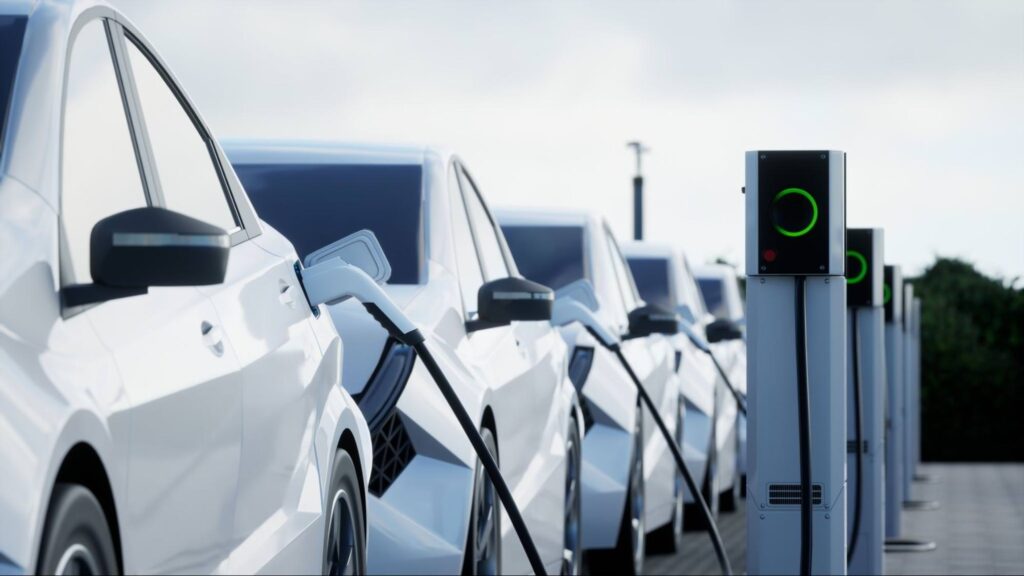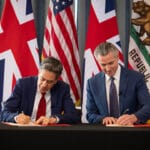U.S. Invests $635 Million in Zero-Emission EV Charging and Hydrogen Infrastructure Expansion

- Boosting Clean Transportation: $635M in grants will fund 49 projects across 27 states, Tribes, and D.C., adding 11,500 EV charging ports and hydrogen/natural gas refueling stations.
- Advancing Decarbonization: Projects include high-throughput hydrogen stations for heavy-duty trucks, supporting the National Zero-Emission Freight Corridor Strategy.
- Job Creation and Equity: Investments aim to create jobs, foster innovation, and enhance equitable access to zero-emission transportation options.
The U.S. Department of Transportation’s Federal Highway Administration (FHWA) has announced $635 million in grants to expand zero-emission electric vehicle (EV) charging and hydrogen refueling infrastructure. This funding, made possible by the Bipartisan Infrastructure Law, will support 49 projects across 27 states, four federally recognized Tribes, and the District of Columbia.
Key highlights:
- Infrastructure Expansion: Over 11,500 EV charging ports and alternative fueling stations will be added in strategic corridors and communities.
- Hydrogen Fueling: Investments include projects like the Port Authority of Houston’s $24.8M hydrogen fueling station for heavy-duty trucks in Bayport, Texas. The station will offer public accessibility and high-throughput capabilities.
- California Energy Commission Grant: $55.9M will fund 21 public EV charging stations and a hydrogen refueling station for medium- and heavy-duty trucks, aligning with decarbonization strategies.
Related Article: Mercedes-Benz Accelerates Global High-Power EV Charging Network
Jeff Marootian, Principal Deputy Assistant Secretary for the Office of Energy Efficiency and Renewable Energy, emphasized the broader implications of the funding:
“This funding showcases the harmony in government efforts to maximize federal investments and will build on the Department of Energy’s work to develop the 21st-century energy workforce and prepare the grid to power zero-emission fueling infrastructure nationwide.”

Strategic Implications:
The grants align with the National Zero-Emission Freight Corridor Strategy and aim to accelerate private sector deployment of zero-emission medium- and heavy-duty vehicles, fostering innovation and sustainability in transportation nationwide.
Follow ESG News on LinkedIn












